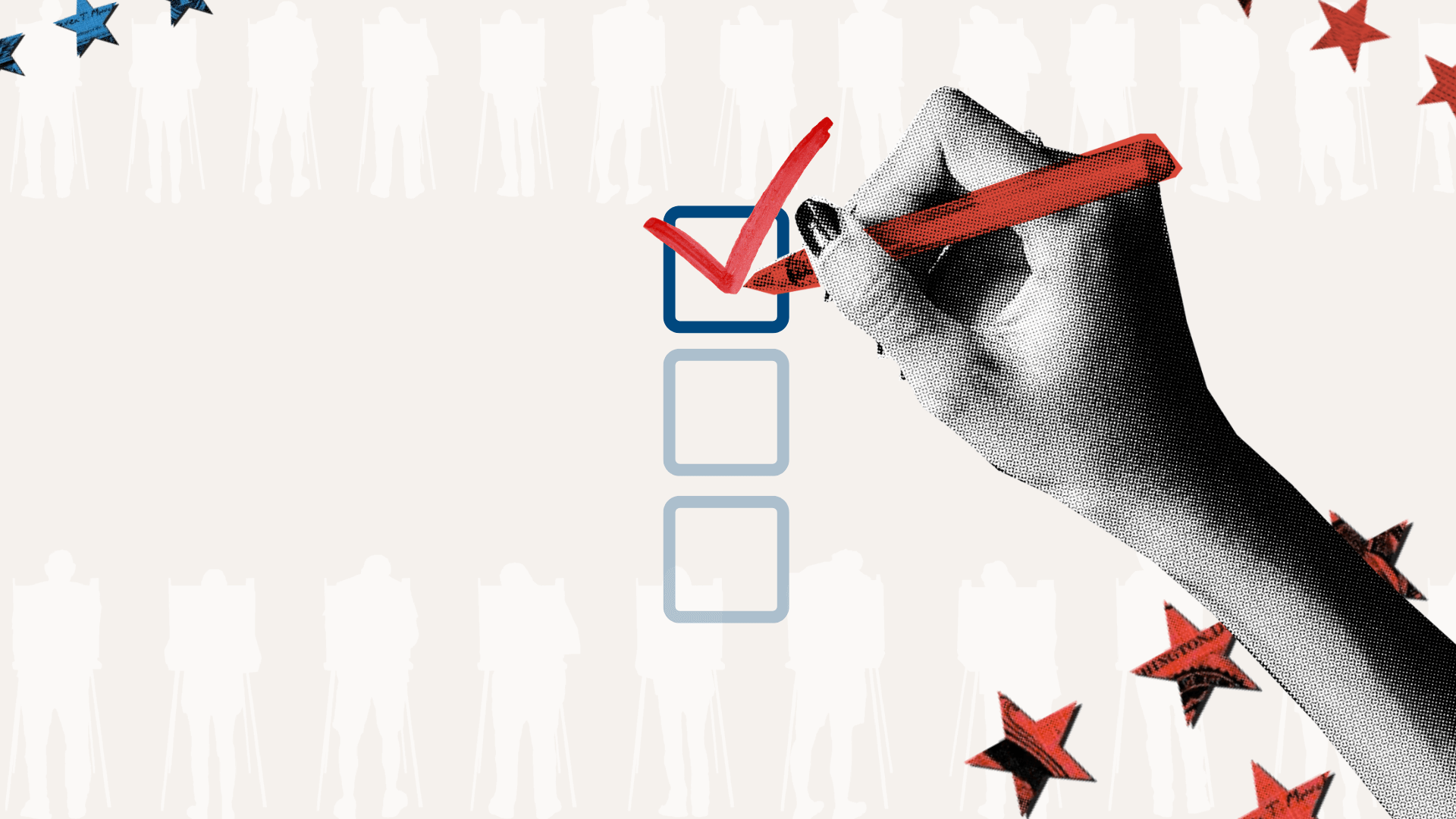
Across the U.S., most elections for local offices (think mayor, city council, school board) look something like this: All candidates compete on the same ballot, and on Election Day, all registered voters can participate.
Sound familiar? These are the basic tenets of open, all-candidate primaries. While only five states use this system for federal and/or state offices, an all-candidate primary is, by far, the most common system used for local elections in America.
According to a Unite America Institute analysis of the 50 most populated cities in the U.S., 42 (84%) use a form of all-candidate primary for their local elections. This includes Los Angeles, Boston, Minneapolis, Dallas, and Memphis. Even more noteworthy, according to the National League of Cities, over 75% of all towns in the U.S. hold nonpartisan elections, which means they use some form of an all-candidate primary.
Whether you live in a city, suburb or a rural community, chances are, you’ve voted in an all-candidate primary and possibly didn’t even know it.
While the fine print of these systems vary, the most common is a runoff system. First, all qualified candidates appear on the general election ballot, and all voters can choose their preferred candidate. If one candidate earns majority support (50%+1), they win. If no candidate does so, the top two finishers advance to a runoff election. For example, Denver uses a runoff system, and a runoff was required for its most recent mayoral election after no candidate earned majority support in the first round.
Other cities like Boston and Seattle, hold top-two primaries where the first election is a primary open to all candidates and voters, and the top two finishers advance to the general election whether one candidate earns majority support or not. At the state level, California and Washington State use this exact system.
Finally, a small number of these cities hold just a single election but, if necessary, conduct an instant runoff to determine a majority winner. For example, ranked choice voting — a type of instant runoff — was used San Francisco’s 2024 mayoral race to ensure a majority winner.
The remaining 25% of local offices hold party primaries to nominate candidates for general elections, meaning there’s a separate primary for Democrats, Republicans, and other minor parties. Of the 50 largest cities, eight still hold party primaries, including Baltimore, Charlotte, Indianapolis, New York City, and Washington, D.C.
Unlike the all-candidate system, voters in cities with party primary systems may not have the full freedom to choose their favorite candidate. Because these cities are overwhelmingly Democratic, the winner of the Democratic primary is virtually guaranteed to take office. In other words, the low-turnout Democratic primary is the consequential election for prominent local offices.
Making matters worse, five of these cities hold closed primaries, which mean that independent voters (and anyone not registered as a Democrat) are prohibited from participating in the taxpayer-funded Democratic primary.
Conversely, in the vast majority of places that use all-candidate primaries, all voters are eligible to participate in all elections — which tend to lead to higher rates of participation in the elections that matter most.
Given how common all-candidate elections are across America for local offices, it is very likely that most American voters have already participated in an all-candidate primary at some point in their lives — even if they didn’t realize it. Therefore, implementing all-candidate primaries for federal and state elections would not be a drastic change. It would simply mean broadening the use of the most common election system in our country.
According to research by the Unite America Institute and leading academic experts, replacing party primaries with open, all-candidate systems leads to higher voter turnout, gives more voters a meaningful vote, and improves representation. Unite America and our allies are supporting efforts — both in states and nationally — to open primaries so that our leaders are more accountable to the majority of voters, not just those who show up in a party primary.

Stay up-to-date on the latest news and resources from Unite America.